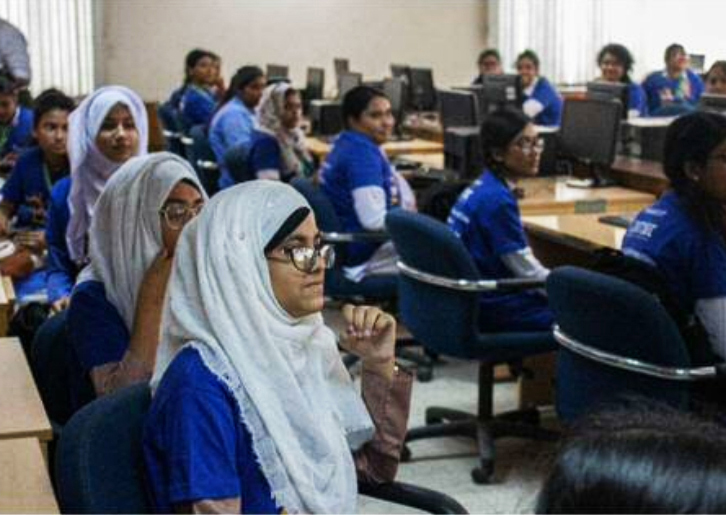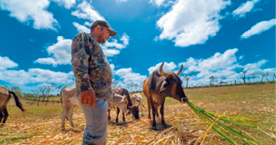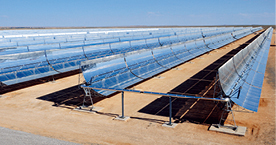Framework for Sustainable Investments / Investment Examples
◆For more detailed information on our sustainable investments and stewardship activities, please refer to the "Responsible Investment Report."
Framework for Sustainable Investments
Our sustainable investment efforts are focused on the items listed below.
ESG Integration
Having introduced ESG integration for all assets under management, we comprehensively evaluate and use financial information as well as sustainability (medium- to long-term sustainability, including ESG (environmental, social, and governance) elements). In making investments and loans, we integrate a method that takes each asset's characteristics into account so as to comprehensively evaluate the sustainability-related initiatives of the investee and incorporate these into our decision-making process.
We have also measured and analyzed the greenhouse gas emissions of our entire portfolio and for each investees, and use the findings to engage with (have constructive dialogue with) carbon intensive sectors and investees to reduce emissions and, finally, to make investment decisions.
In addition, we have established criteria for negative screening in order to resolve sustainability issues and realize a sustainable society.
<Approach to incorporating sustainability factors by asset type>
| In-house | Government bonds and quasi-government bonds |
|
|---|---|---|
| Domestic and foreign corporate bonds |
|
|
| Domestic equities |
|
|
| Project finance |
|
|
| Domestic municipal bonds and loans |
|
|
| Externally managed | Equities, corporate and government bonds, alternative investment, etc. |
|
Engagement and Exercising Voting Rights
We accurately understand the conditions of investees to engage constructively with them. While building relationships with investees, we ask disclosure of not only financial information but also non-financial information, including ESG elements to confirm their initiatives for sustainability issues, etc.
For externally managed assets, we hold regular meetings on stewardship activities with investment managers and check engagement initiatives by asset managers with investee companies, taking characteristics of each asset into account.
Our voting activities are based on our Policies on the Exercise of Shareholders' Voting Rights.
When voting, we take into consideration non-financial information, including sustainable factors, and information gained from dialogues with companies.
Japan Post Insurance has accepted Japan's Stewardship Code and has established Company policies in accordance with it.
See "Stewardship Activities" for details.
Negative Screening
We make the following efforts in order to solve sustainability issues and realize a sustainable society.
- We do not invest in companies that manufacture controversial weapons (Cluster weapons, Anti-personnel mines, Biological weapons and Chemical weapons) due to indiscriminate serious damage on civilians.
- We do not invest additionally in coal-fired power generation projects regardless of power generation efficiency or location because those emit a large amount of CO2, and we are concerned about an impact on climate change.
Sustainability-themed Investments and Impact Investments
We proactively engage in sustainability-themed investments and impact investments* centered on "warmth" and founded in our priority initiative themes of "enhancement of well-being," "development of local communities and society," and "contribution to environmental protection."
Please see "Major Sustainable Investment examples" for information on our investment cases.
- *
- Impact investments mean investment activities intended to generate positive and measurable social and environmental impact in parallel with financial returns.
Promoting the Impact "K" Projects
We proactively engage in impact investments, projects taking account of our priority initiative themes.
To expand our investment in and lend more money to impact-driven projects, we have established the Impact "K" Project, an impact investment certification framework uniquely defined by Japan Post Insurance. In order to fulfill our fiduciary responsibility to our clients, we will promote impact investment after having carefully examined the impact investment structure, strategy, track record, selection and management status of investees, and IMM* of the management company to whom we entrust the investments.
<Authorization of Impact "K" Fund ・ Examples>

Please refer to the Responsible Investment Report for the Impact "K" Project authorization flow and investment examples.
- *
- Impact Measurement and Management.
Initiatives for Academic-industrial Collaboration
Out of our belief that contributing to the development of educational systems and advanced research at universities will be beneficial in helping to solve various social issues, we have committed to industry-academia collaboration in the area of asset management.
| Building a framework for cooperation and collaboration with universities | We signed a memorandum of understanding for collaboration and cooperation to actively promote investment in innovative technological developments and businesses held by academia. Currently, we are discussing the utilization of research results from universities, with a focus on the area of impact investment.
|
||||
|---|---|---|---|---|---|
| Holding lectures at universities | To contribute to the development of financial professionals, we give lectures on sustainable investment at universities. For more information about this initiative, please read about our "Social Contribution Activities." |
We invest in funds that finance university startups and the area of impact investment in accordance with the themes of research results from universities.
In addition, we invest in sustainability bonds and social bonds issued by university corporations for the purpose of education and research development.
| May 2023 | Tokai National Higher Education and Research System | Sustainability bond "THERS Commons Bonds" |
|---|---|---|
| January 2023 | Tohoku University | Sustainability bond "Tohoku University Future Creation Bonds" |
| December 2022 | Tokyo Institute of Technology | Sustainability bond "Tokyo Institute of Technology Tsubame Bonds" |
| October 2020 | The University of Tokyo | Social Bond "University of Tokyo FSI Bonds" |
Major Sustainable Investment Examples
We make sustainability-themed investments taking sustainability factors into account. We invest in projects that can broadly contribute to the achievement of the SDGs and the resolution of issues, after checking their feasibility and that the funds usage is limited.
Investment in Sustainability-themed Bonds
| Investments | Main Relevant SDGs |
|---|---|
|
Investment in Blue Bonds issued by the Republic of Indonesia (May 2023) 
|
|
|
Investment in a transition bond to support efforts to reduce greenhouse gas emissions (July 2021)  © Nippon Yusen Kabushiki Kaisya |
|
|
|
|
|
|
|
|
Investment in a Sustainable Development Bond to support the purchase and distribution of vaccines through the international framework "COVAX" (March 2021)  © Inter-American Development Bank |
|
|
|
|
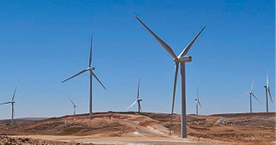 © European Bank for Reconstruction and Development |
|
|
Investment in a Sustainable Development Bond in response to the COVID-19 (May 2020) 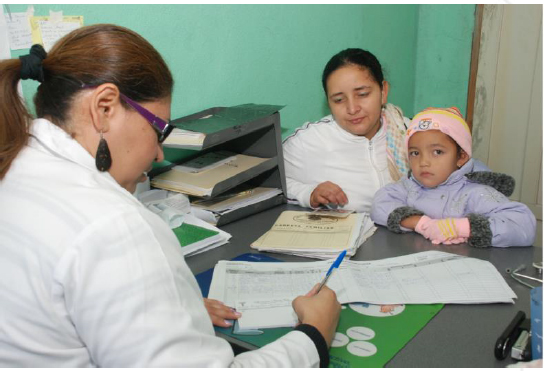 © Inter-American Development Bank |
|
|
Investment in a Sustainability Awareness Bond to fight against COVID-19 (May 2020)  Community of Madrid © European Investment Bank |
|
 © European Investment Bank |
|
|
Investment in a Social Bond themed Feed Africa to increase food production on the African continent (May 2018) 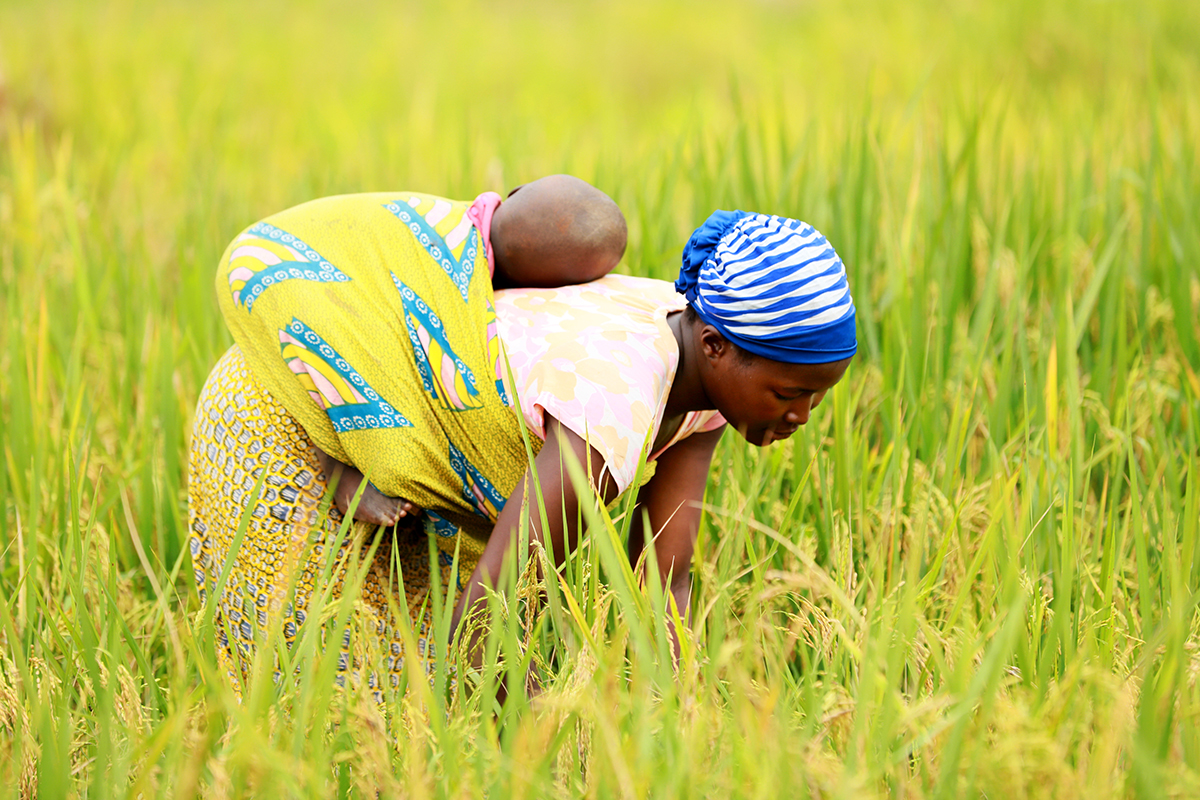 © African Development Bank |
|
|
Investment in a Sustainable Development Bond to Raise Awareness of Health and Nutrition of Women, Children, and Adolescents (May 2018)  ©World Bank |
|
|
Investment in a Thematic Bond promoting gender equality (May 2018)  © Asian Development Bank |
|
Investment in Renewable Energy Businesses
| Investments | Main Relevant SDGs |
|---|---|
|
Investment in renewable energy projects such as solar power generation and biomass power generation (project finance) (since 2017) 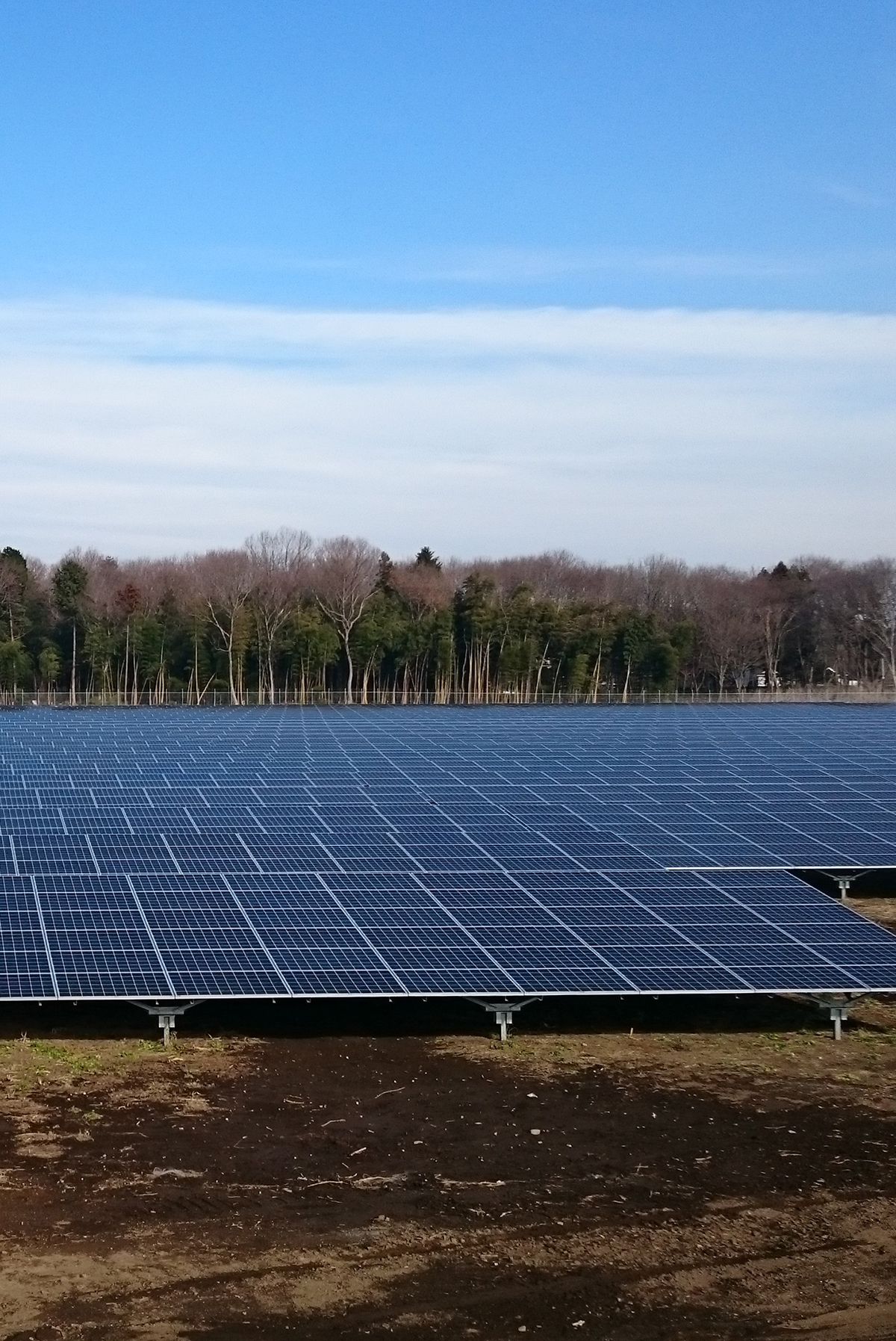
|
|
Investment in funds
| Investments | Main Relevant SDGs |
|---|---|
|
Investment in a fund that aims to achieve both social and economic returns by investing in medical and health fields and digital technology fields originating in academia (October 2023) 

|
|
|
Investment in a fund that seeks to "improve wellness literacy" and "enhance social capital," which we believe are leverage points for achieving wellness equity (August 2023) 

|
|
|
Investment in companies that solve social issues and funds that seek the development of a sustainable Japanese society in which people have a high degree of well-being and live in harmony with the environment (July 2022) 

|
|
|
Investment in a fund that attracts outstanding nursery school operating companies to urban areas with large numbers of children on waiting lists (March 2022) 

|
|
|
Investment in Japan Post Investment Regional Development and Impact Fund I, ILP, which invests in companies that contribute to generating a social impact to achieve regional economic revitalization and the SDGs (April 2022) 
|
|
|
Investment in a fund that aims to achieve both social and economic returns by investing in domestic companies that are actively engaged in generating a social impact (May 2022) 

|
|
|
Investment in a real estate fund that invests in ESG-friendly residential properties for leasing (July 2022) 
|
|
Loans to local governments (using Postal Life Insurance funds)
| Investments | Main Relevant SDGs |
|---|---|
|
Loans to local governments using Postal Life Insurance assets are policy loans carried on by the Organization for Postal Savings, Postal Life Insurance and Post Office Network (the "Organization") after the privatization of the postal service. Japan Post Insurance undertakes credit management duties for these loans under an operations consignment agreement with the Organization. As of March 31, 2022, Japan Post Insurance held loans to approximately 1,800 local governments, totaling approximately 3 trillion yen. Over 90% of the loans were tied to specific uses such as sewage projects, enhancing school facilities, and building public housing. We contribute to promoting infrastructure enhancement and resident welfare through measures such as annual surveys of facilities utilization. |
|



